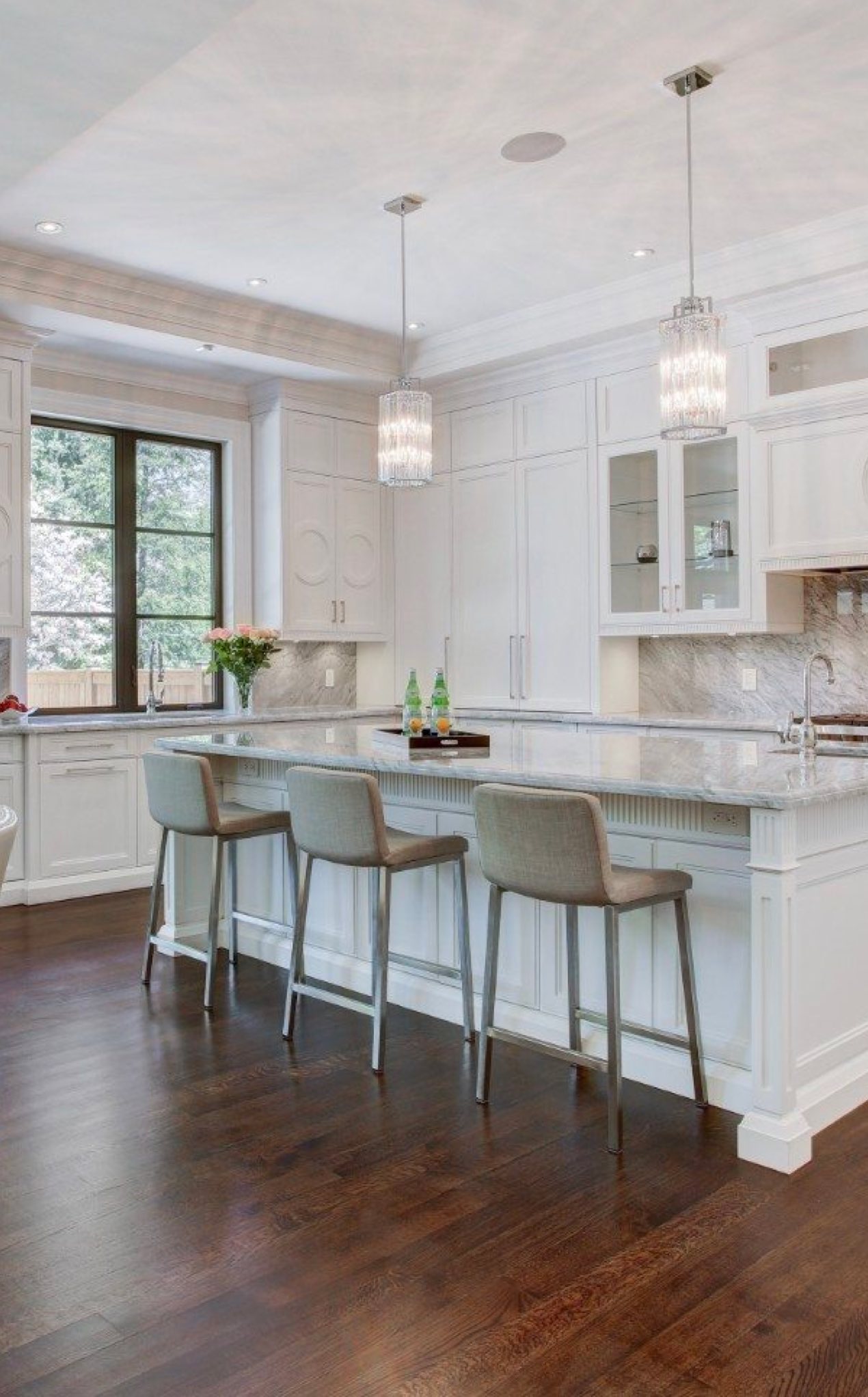Toronto buyers love the idea of renovating a home.
And why not? It promises character, customization, and long-term value.
But in practice, buying a home that needs work—even just a little—comes with risks that many buyers overlook.
Here are five renovation pitfalls I help my clients navigate before they sign on the dotted line.
Here are more articles:
- Great Renovations to Boost your Home Value Before Selling
- Living in Midtown Toronto Explained: A Comprehensive Guide
1. Undisclosed Structural Issues
That charming century home in Davisville or Riverdale might hide outdated foundations, sloped floors, or moisture damage behind the walls.
Inspections may catch red flags, but they don’t always reveal everything—especially if the home has been cosmetically updated to look “move-in ready.”
How to avoid it:
Work with an inspector who has experience in Toronto’s older housing stock and bring in a contractor early if renovation is on your radar.
2. Permitting Delays That Stall Your Plans
In some cases, buyers think they can close and start renovations right away. In reality, permits can take weeks or months, especially for additions, basement digs, or anything structural.
Certain neighbourhoods (especially heritage zones) add further restrictions.
How to avoid it:
Understand what’s allowed by zoning before you close. Ask your realtor and contractor to review local bylaws and building codes tied to the property.
3. Budget Blind Spots
Buyers often underestimate the full cost of renovation in Toronto. Materials, labour shortages, architectural drawings, and permit fees can all add up fast.
The difference between a $150K and a $300K renovation? One unexpected surprise—like plumbing behind plaster walls or knob-and-tube wiring that has to be replaced.
How to avoid it:
Always budget at least 20% over your initial estimate. And don’t skip due diligence just because the home “feels right.”
4. Misjudging Layout Potential
Not all homes have the bones for the layout you’re dreaming of. Some walls can’t be moved affordably. Others require structural reinforcement. I’ve seen buyers plan open concepts or additions only to learn it would triple their original renovation budget.
How to avoid it:
Have a draftsperson or contractor walk the home with you before finalizing your offer. If it needs to be gutted to work, you should know that up front.
5. Falling in Love with Potential—Not the Property
Many buyers focus on “what it could be” and ignore what it really is. This leads to rushed decisions, overbidding, or walking into a home that becomes a financial or emotional drain.
How to avoid it:
Be realistic. Know your limit, your timeline, and your willingness to live through construction. Sometimes, the smarter investment is a home that doesn’t need your full attention for the next 12 months.
Final Thoughts
Renovation can be a great way to unlock value in the Toronto market. But it needs to be approached with clear eyes and careful planning—not just vision and emotion.
I guide my clients through the real risks behind the listings, helping them understand when a property has true potential—and when it’s better to walk away.
Send an email at olena@agentolena.com or call 647.294.3039 to get started.













